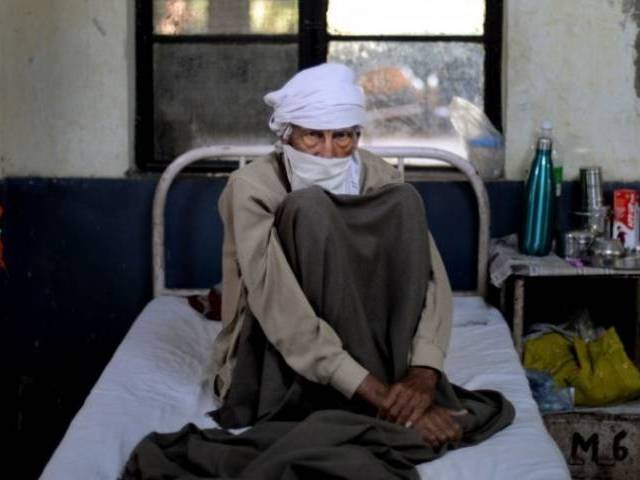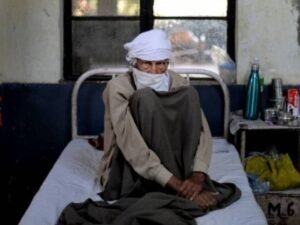Tuberculosis (TB) remains a significant public health challenge in Pakistan, with a high burden of cases and limited resources for diagnosis and treatment. In this blog post, we will explore the various challenges faced in diagnosing tuberculosis accurately in Pakistan and discuss potential solutions to overcome these barriers. By addressing these challenges, we can improve early detection, enhance treatment outcomes, and reduce the spread of TB within the country.
- Limited Access to Diagnostic Facilities: One of the primary challenges in diagnosing TB in Pakistan is the limited access to diagnostic facilities, particularly in rural areas. Many communities lack well-equipped laboratories and skilled healthcare professionals, making it difficult to perform timely and accurate TB tests. The government and healthcare organizations need to invest in infrastructure development, ensuring the availability of quality diagnostic services across the country.
- Reliance on Outdated Techniques: In some regions of Pakistan, traditional methods, such as sputum microscopy, are still heavily relied upon for TB diagnosis. While these techniques have been useful, they are less sensitive and may result in missed or delayed diagnoses. The integration of newer diagnostic tools, such as GeneXpert machines for molecular testing, can significantly improve the accuracy and efficiency of TB diagnosis. Efforts should be made to expand the utilization of these modern technologies and promote their accessibility.
- High Cost of Diagnostic Tests: The cost of TB diagnostic tests, particularly advanced molecular techniques, can be prohibitive for many patients in Pakistan. Affordability remains a significant barrier, especially for marginalized populations. It is crucial to establish subsidized or free testing programs, supported by governmental and non-governmental organizations, to ensure that cost does not hinder access to accurate diagnosis.
- Lack of Awareness and Stigma: Limited awareness and social stigma associated with TB contribute to delayed diagnosis and underreporting in Pakistan. Many individuals may not seek medical help or hesitate to disclose their symptoms due to fear of discrimination or ostracization. Raising public awareness through education campaigns and community engagement can help address the stigma and encourage early detection, leading to timely treatment initiation.
- Diagnostic Challenges for Drug-Resistant TB: Pakistan also faces a significant burden of multidrug-resistant tuberculosis (MDR-TB). Diagnosing drug-resistant strains requires specialized laboratory facilities and expertise, which are often scarce. Efforts should be made to expand the network of labs capable of performing drug susceptibility testing (DST) and train healthcare professionals in the accurate diagnosis and management of MDR-TB cases.





